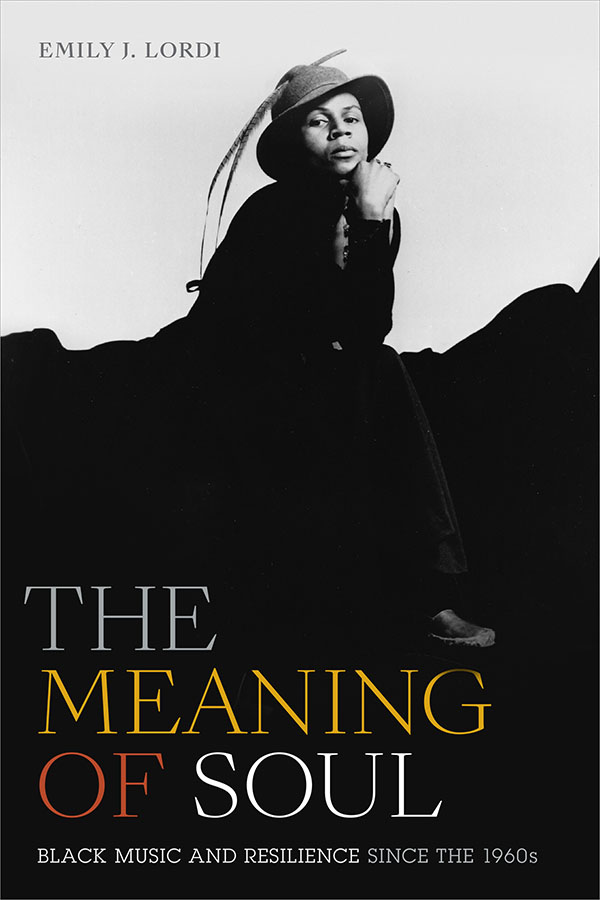IN AUGUST 1969, the Billboard “Hot Rhythm & Blues Singles” chart was rechristened “Best Selling Soul Singles.” A new type of music had emerged, “the most meaningful development within the broad mass music market within the last decade,” according to the magazine. The genre mystified much of the mainstream press. Publications like Time announced soul music’s birth one year earlier as if it were a phenomenon worthy of both awe and condescension. Its June 1968 issue featured Aretha Franklin as its cover star and called the music “a homely distillation of everybody’s daily portion of pain and joy.” Franklin was “a chunky, 5 foot 5 in girl” who sang with “gritty conviction.” Her ability to keep a crowd on its feet was attributed to the personal losses she had endured: Franklin’s mother left the family when she was six and died just before she turned ten; by fourteen, Franklin herself would become a mother. According to this reasoning, soul music was not art so much as an unrefined expression of hardship. In The Meaning of Soul, Emily J. Lordi addresses these misapprehensions by creating a genealogy of the music through close listening and a thorough review of the contemporary literature, much of it written by Black journalists and critics. “A broader misremembering of the civil rights and Black Power movements” has skewed soul music’s history, she writes, arguing that it was more heterogenous and more imaginative than it’s been given credit for. In Lordi’s sophisticated and perceptive rendering, “soul logic” encompasses “the term’s racial-political meanings,” and also reflects a “kind of virtuosic survivorship” made manifest in the details of the music.
Misreadings of the music have often been based on everything but the music. In Lordi’s estimation, “the aesthetics of soul” have been undertheorized, with many critics placing it in a vaguely political context that deemphasizes the musical choices and inventiveness of well-trained artists like Franklin or Nina Simone. In a similar vein, a younger generation of “post-soul” scholars have critiqued the music’s apparent shortcomings—its lack of patience with unorthodox notions of Blackness, its heterosexism and reverence for masculinity. Working against the masculinization of Black history, Lordi insists that women and queer people were central to the creation and performance of soul music from the beginning. If there is a unifying theme in her books, articles, and essays, it is an interest and sincere belief in the breadth of Black expressive culture, exemplified by the left-of-center virtuosity of artists like singer-songwriter Donny Hathaway or poets Nikki Giovanni and Lucille Clifton.
